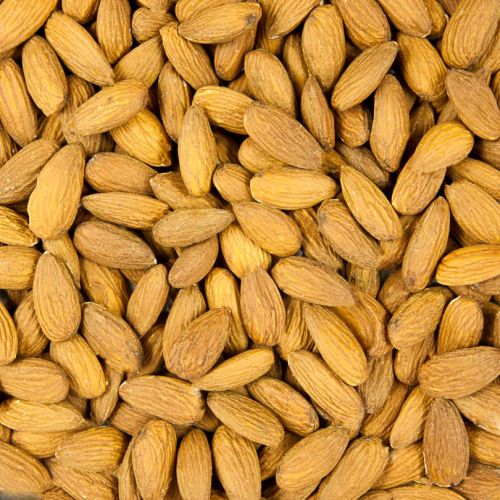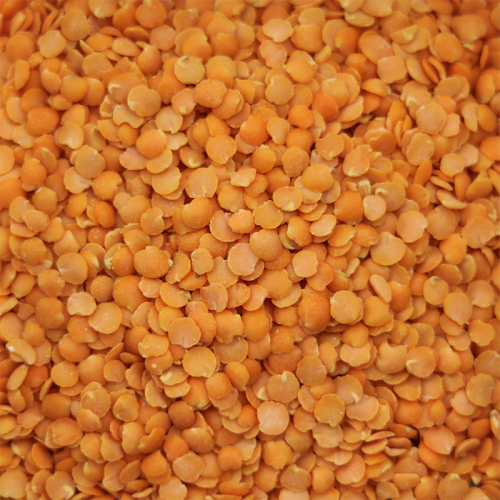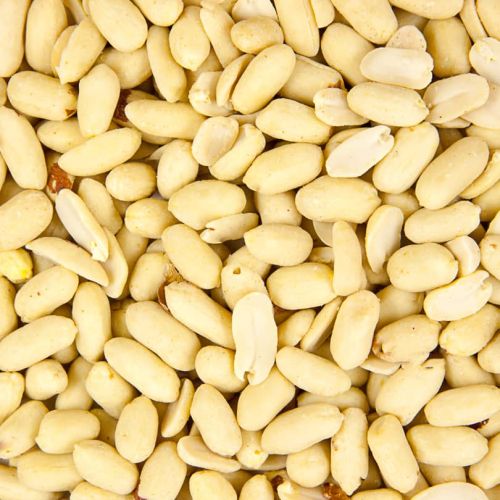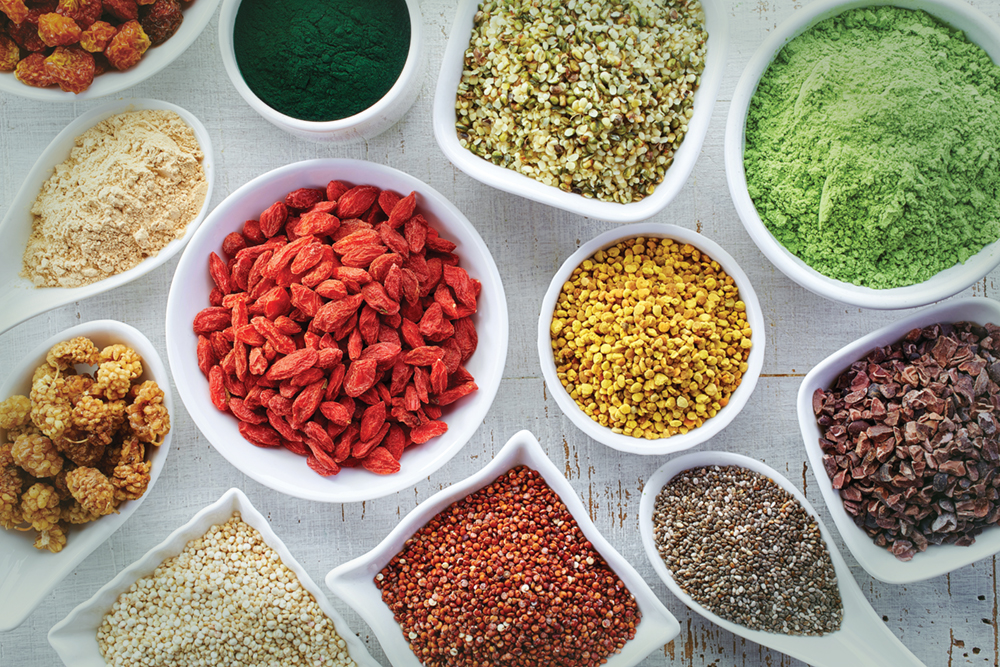
Foods That Deliver One Of The Vital Keys Of Life
Proteins are body builders. But forget muscle bound torsos and weight training they are the building blocks of all of us every day.
They are vital for the growth and repair of every cell in our bodies. They maintain the functioning of muscles, the immune system and the blood in our veins. They form a critical part of skin and collagen which is vital to ligaments and tendons.
So how much protein do we need to keep us going? Official guidance is that the daily diet should include 0.75g of protein for ever kilogram of bodyweight. So, if you weigh 75k (almost 12 stone) you should eat 56g of protein.
Traditionally meat eaters have easily reached and passed this target. But at a cost. Not only have high intakes of red and processed meat been linked to an increased risk of bowel cancer but consuming high levels of saturated fat can raise cholesterol levels and the risk of heart disease.
But as more and more of us switch away from meat we face the question of where our protein is coming from. There is no shortage of plant sources. But there is one complication.
Proteins are made from chains of amino acids. There are 20 commonly occurring amino acids and most of them can be made by the body combining ingredients from the ones it has to hand. But eight of them cannot be formed in this way and so have to be eaten in our food. These are called essential amino acids.
Now animal proteins tend to provide all the necessary amino acids. But only a few plants do. Soya, buckwheat and quinoa are among them. So, it is important to include a range of protein sources in what we eat to ensure that those eight are included.
To help here’s our guide to ten of the top protein sources at Grape Tree. Based on the amount of protein in 100g of each we have given each a percentage score for comparison purposes. But of course, how much of each food will constitute a reasonable portion varies.
Ten That Pack in Protein Power
1.
Almonds 21% Protein:
A handful of almonds (around 25g) has 5g of protein. High in monounsaturated fats, the ones that help reduce the risk of heart disease, almonds are also an important source of the anti-oxidant Vitamin E and deliver the minerals manganese, magnesium, phosphorous and copper.
2.
Quinoa 13% Protein:
A portion of quinoa (50g dry weight) has around 7g of protein and critically it is a complete protein with all eight of the essential amino acids. That serving also has 5g of fibre (about a sixth of our daily requirement) as well as the B vitamins B1, B2, B6 and folate as well as the minerals manganese, phosphorous, copper, magnesium and zinc.
3.
Peanuts 25% Protein:
Snack on a handful of peanuts (around 35g) and you are clocking up 9g of protein plus monounsaturated and Omega 6 polyunsaturated fats and over a dozen minerals including copper and phosphorous. Plus, there are substantial amounts of B vitamins and anti-oxidant protection from Vitamin E and resveratrol (the one found in red grapes).
4.
Cashews 17% Protein:
A handful of cashews (about 40g) delivers around 7g of protein as well as an impressive array of minerals which includes 70 per cent of an adult’s daily recommended intake for copper a third of the requirement for magnesium. Then there are B vitamins and antioxidants.
5.
Oats 16% Protein:
If your portion of dry oats is 60g then your porridge is delivering well over 9g of protein. It also has 6g of fibre
which includes the form known as beta glucan which has been at the centre of research showing how increased fibre lowers cholesterol levels. Your dish also contains the minerals manganese, copper, magnesium and zinc and a notable quantity of the Vitamin B1.
6.
Lentils 24% Protein:
A 40g dry weight serving of lentils has a protein punch of well over 9g. These pulses are also one of the best sources of fibre, both soluble and insoluble. This portion has 4g. It also has more than half your daily requirement for folate as well as B1, B5 and B6. Then there is iron, phosphorous, magnesium potassium and zinc.
7.
Sunflower Seeds 19% Protein:
A handful of sunflower seeds (25g) contains almost 5g of protein and a great deal more. It will deliver 70 per
cent of your daily requirement for the antioxidant Vitamin E. Other sunflower vitamins include Folate, B1 and B6. Then there is half of your daily need for copper as well as magnesium and phosphorous. Plus, polyunsaturated and monounsaturated fats.
8.
Pumpkin Seeds 24% Protein:
Twenty-five grams of pumpkin seeds delivers 6gs of protein. They are recommended by the NHS as a source of monounsaturated fats and insoluble fibre. Those 25gs have more than a third of your phosphorous and copper requirement as well as magnesium and zinc. They also have Vitamin E. Among other seeds chia has a 17% protein percentage and sesame seeds are 18% protein.
9.
Chickpeas 20% Protein:
A 40g portion of dried, raw chickpeas contains 8g of protein as well as 5g of fibre, a sixth of your daily requirement. Like all the other pulses chickpeas count as one of your five a day. The NHS describes pulses as “a cheap, low fat source of protein, fibre, vitamins and minerals”. The chickpea profile is rich in folate and features manganese, copper, phosphorous, iron and zinc.
10.
Buckwheat 13% Protein:
A 50g serving of buckwheat delivers over 6g of “complete” protein plus all the benefits of whole grains which eaten regularly are linked to a reduced risk of stroke, type 2 diabetes and heart disease. As well as being rich in fibre (about 5g in that serving) buckwheat delivers six of the B vitamins. Plus, it is rich in the mineral’s magnesium, manganese and phosphorous.



